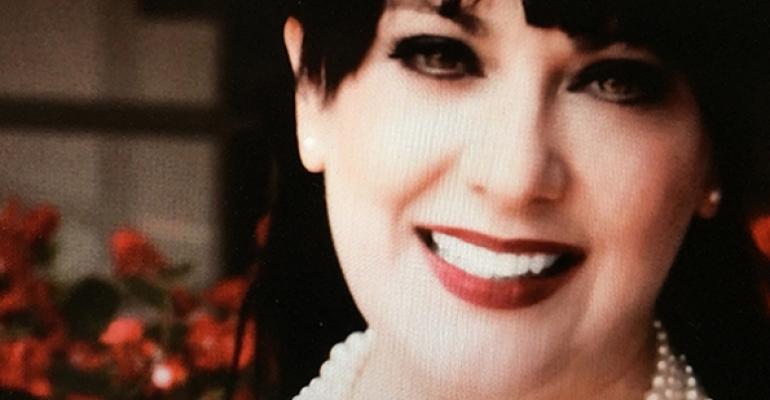“Making mistakes is better than faking perfections.” Unknown

During college I had the opportunity to work for a high-end mortgage consulting company as their receptionist. They were very good to me and I considered myself very polished and professional for my age. Ignorance is bliss.
One time, a disgruntled client called in and left a very disturbing voicemail on the company message machine, which I was in charge of checking every morning. In one of her rants, she actually physically threatened several of the agents and said she would show up personally the next day to take care of it.
Inexperienced in how to deal with this but wanting to make sure everyone was safe, I did a "group forward" of the message to everyone in the company (about 20 people) and recorded my own message before it letting them know I was concerned. I then made a sarcastic little comment that I thought was lightening the message they were about to hear with "humor." The CEO was not impressed with my preface to the forwarded message and pulled me inside his office for a little chat.
He said my action was not honoring to the person who left the voicemail and I should have had more respect for her and her dignity. He added it was not good judgment to forward the message to everyone--it should have gone just to the CEO or those who were threatened.
Looking back now, of course, I see it was inappropriate, even if my intentions were good. I was young, and this was part of my professional learning curve.
What I took away from that experience were the following life lessons in owning your mistakes when they happen:
1) Admit you made a mistake and do it as soon as possible. Trying to cover it or delaying it makes you look insecure and small-minded.
2) Offer to make it right. This helps to immediately rebuild relationships and help heal those offended by the mistake. It also commands respect as it shows an individual so full of self-respect that he or she is trustworthy.
3) Make a mental note of what you will do differently next time.
4) Finally, find opportunity to see the humor in it, and even--when the time is right--reference it in a self-deprecating manner downstream. Others will appreciate that you do not take yourself so seriously, and humor is an empowering way to recover and give grace to all. It levels the playing field for a fair, fresh start going forward.
More from Kerry Lee Doehr:
The Two Things that Should Happen When You Have to Tell a Customer 'No'
Are You a Vendor or Event Partner?
The Power of 'Strategic Narrative' for Your Business
Kerry Lee Doehr is CEO/founder and CEO of event planning business Santa Barbara Wine Country Weddings and Events, as well as Engaging Inspiration, a business dedicated to marketing, events and training for the special event and hospitality professional. She is committed to progress in the industry that goes beyond trend and design, saying, "Who we are and how we handle ourselves ethically is more of a barometer to business longevity and branding than all the money in the world spent on advertising."





